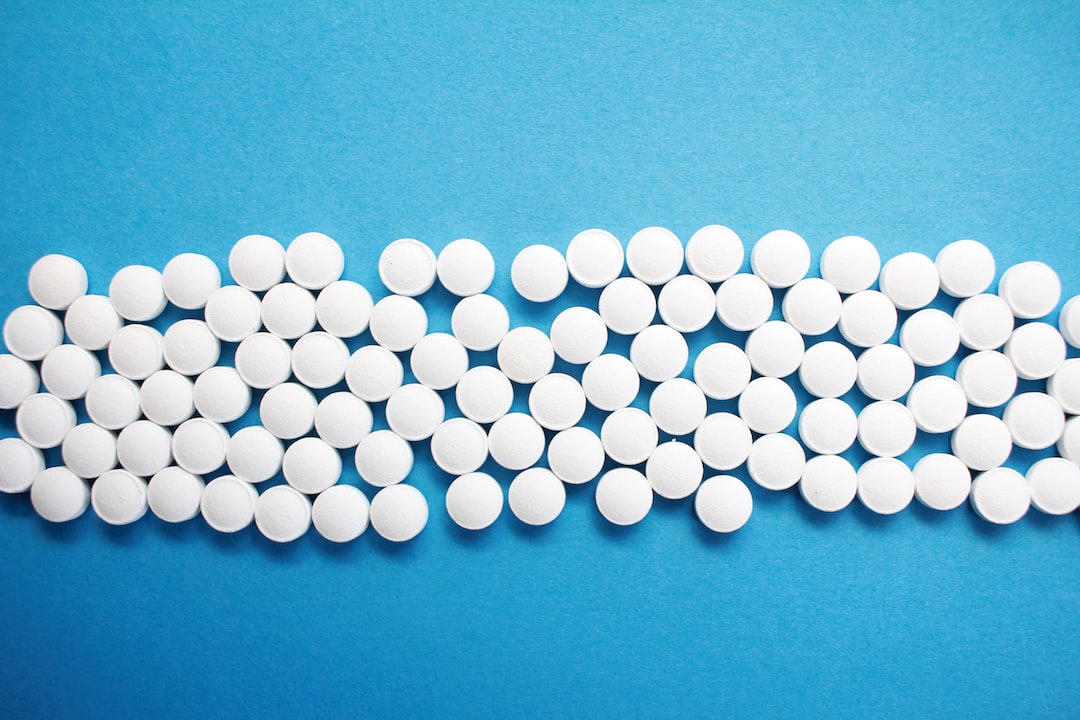Debunking Common Myths About Dry Eyes and Eye Drops
Dry eye syndrome is a prevalent condition that affects millions of people worldwide. It occurs when the eyes do not produce enough tears or the tears evaporate too quickly. This can lead to discomfort, irritation, and even potential damage to the eyes if left untreated. Many individuals with dry eyes turn to eye drops as a means of finding relief. However, there are several misconceptions and myths surrounding dry eyes and the use of eye drops that need to be debunked.
Myth 1: Eye drops can cure dry eyes completely.
Fact: While eye drops are an effective way to manage dry eye symptoms, they do not provide a permanent solution. Eye drops work by lubricating the eyes and temporarily relieving discomfort. They cannot address the underlying causes of dryness, such as hormonal changes, aging, or certain medications. It is important to consult with an eye care professional to determine the underlying cause of your dry eyes and explore appropriate treatment options.
Myth 2: All eye drops are created equal.
Fact: Not all eye drops are the same. There are different types of eye drops available in the market, each catering to specific needs. Lubricating eye drops, also known as artificial tears, are the most common type and can help alleviate dry eye symptoms. However, there are also medicated eye drops that may be prescribed to treat underlying conditions causing dry eyes. It is crucial to consult with an eye care professional to determine the most suitable eye drops for your specific needs.
Myth 3: Eye drops can be used indefinitely without any side effects.
Fact: Prolonged and excessive use of eye drops can have adverse effects. Preservative-free eye drops are typically recommended for long-term use to minimize the risk of complications. Using eye drops excessively, especially those containing preservatives, may result in irritation, allergic reactions, or a dependency on the drops. It is imperative to follow the recommended dosage and consult with your eye care professional if you have any concerns.
Myth 4: Dry eyes can be treated by drinking more water.
Fact: While staying hydrated is important for overall health, simply drinking more water does not effectively treat dry eyes. Dry eye syndrome is primarily caused by a lack of tear production or an imbalance in the tear composition. Drinking water may provide temporary relief for mild symptoms, but it does not address the root cause. To effectively manage dry eyes, it is advisable to consult with an eye care professional who can provide appropriate recommendations.
In conclusion, understanding the realities of dry eyes and eye drops is crucial for proper management and treatment. Eye drops are a valuable tool in providing temporary relief, but they do not cure the underlying causes of dry eyes. Consulting with an eye care professional, understanding the different types of eye drops, and following proper usage guidelines are essential in properly managing this condition. Remember, addressing dry eyes requires individualized treatment, and debunking common myths is the first step towards achieving better eye health.
For more information visit:
KL Dry Eye Specialists
www.kldryeyespecialist.wixsite/kl-dryeye-specialist
Level 6, Tribeca Bukit Bintang, Kuala Lumpur
KL Dry Eye Specialists is a dry eye specialists services offering comprehensive testing, diagnosis, and treatment. Our consultants have over 20 years of experience treating more than 3000 patients. We specialize in treating dry eye syndrome, blepharitis, and other eye-related conditions.
